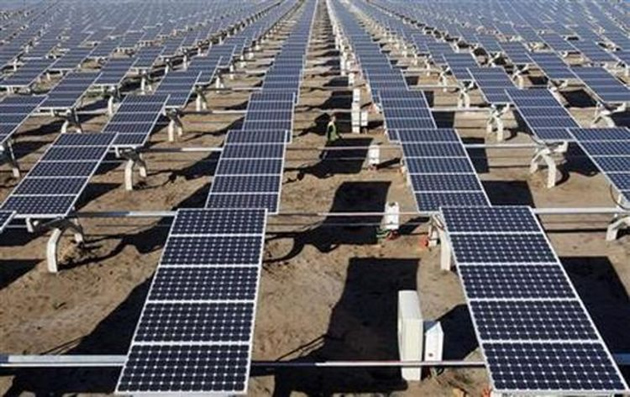Is solar energy the answer?


Golden Sibanda and Godfrey Gavure
QUESTIONS have arisen over the extent to which it is prudent to significantly invest in solar energy as one solution to Zimbabwe’s power crisis amid concerns of reliability and cost. This follows remarks by Energy and Power Development secretary Partison Mbiriri after a workshop to discuss power system development plan (SDP) for Zimbabwe on Wednesday.
He said the SDP sought to plug deficits and create capacity to meet future demand to support the economy with tell-tell signs of recovery already evident in agriculture and mining.
Mr Mbiriri said discussions on the most effective and least cost projects to address the power crisis had hugely centred on the extent to which solar energy could be one of solutions. Zimbabwe faces debilitating power deficits due to limited generation capacity, resulting in frequent power cuts to balance demand and supply; which is affecting economic projects.
Mr Mbiriri said that on a good day, the country’s power deficits range between 400 megawatts and 600MW while on really bad day the shortage can be as much as 800MW.
Zimbabwe is currently only able to generate an average of 1 400MW against demand at peak periods of 2200MW. Imports from the region help to reduce the shortages. As such, Mr Mbiriri said the deliberations touched on findings of works on the SDP, which highlighted some of the limitations the country faced if it invested significantly in solar.
“The focus really is on hydro, gas, thermal and solar. A great deal of the discussions related to the extent to which it is prudent to generate considerable power in terms of solar. (This is) given the fact that solar (energy) remains expensive. It is more expensive than the other three, it’s more expensive than hydro, it’s more expensive than thermal and it’s more expensive than natural gas. That is (only) on one hand,” Mr Mbiriri said.
Critically, the energy secretary said, having too much solar energy on the national grid could impact on the electricity tariff because solar energy was, naturally, costly to produce.
“I must emphasise that an affordable tariff for the consumer is very important, hence the formulation of a least cost development plan,” Mr Mbiriri said earlier in his opening speech.









Comments